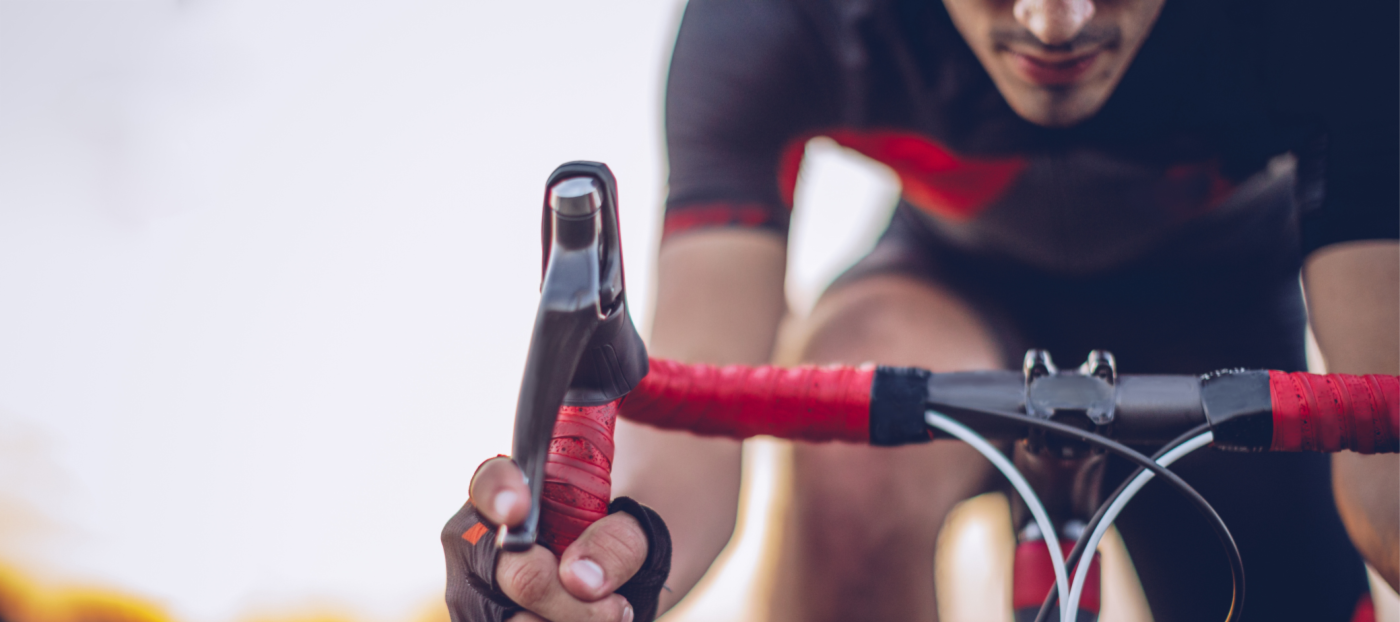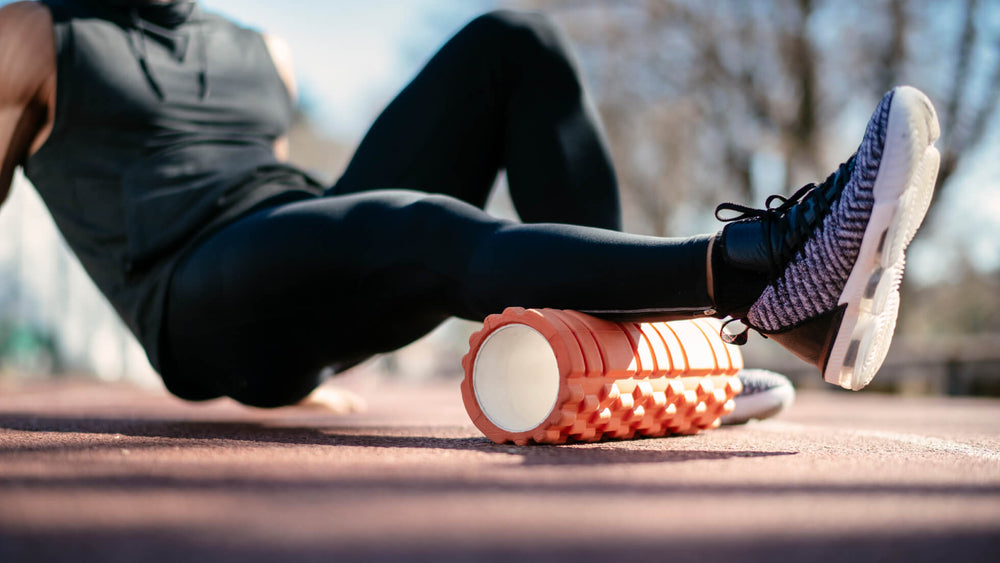How Cycling Affects your Body’s Need For Fuel

By Markita Lewis, MS, RD
Whether you are a sprint or endurance cyclist, fueling your body properly for this high-intensity sport can make a difference in your performance. To prevent burnout during your ride, it’s important to learn how to get proper nourishment.
Calories
Cyclists have dramatically increased calorie needs compared with the general population. Depending on the intensity of the ride, a person weighing 155 pounds can burn 370-614k calories in only 30 minutes. Professional cyclists may eat between 5,000 and 8,000 calories per day to meet their fueling needs.
Under-fueling can be detrimental to performance, decreased strength and energy availability, and nutrient deficiencies. To meet the high demand of calories from cycling, it is critical to increase your intake of healthy carbs, fats and protein.
Carbohydrates
Carbohydrates make up most of cyclists’ energy intake before, during and after events. It is recommended that cyclists consume 7-12 g/kg of body weight per day in carbohydrates for every hour of exercise to maintain glycogen stores and energy. Micronutrient deficiencies can be common in athletes, so nutrient-dense carbohydrate sources like fruits, vegetables and whole grains are necessary.
Fats
After the body burns carbohydrates for fuel, your fat stores are used as an energy source during endurance exercise. A focus on healthy fats in your diet can help reduce exercise-induced inflammation and provide necessary fatty acids for hormonal balance. Research suggests endurance athletes eat at least 1g/kg/day of fat for optimal performance. Good fat sources include fatty fish, avocados, nuts and seeds, dairy and plant-based oils.
Protein
As with all athletes, cyclists require greater protein intake to maintain muscle mass and other protein stores within the body. Current sports medicine recommendations state that cyclists should eat between 1.2-2 g/kg/day of protein. Get your protein from a variety of sources including lean meats, poultry, seafood, dairy and beans and legumes or other vegetarian sources like nuts and seeds.
Race-Ready Nutrition
As mentioned earlier, maintaining glycogen stores helps improve performance. Distance cyclists may benefit from carbohydrate loading 48 hours before competitions to maximize muscle glycogen. Otherwise, try to have a full meal four hours prior to activity and a snack one hour before to optimize carb availability.
Depending on the length and intensity of your race, it may be necessary to fuel while you’re riding. For a ride less than 90 minutes long, a low carb snack or sips of a carb-containing drink may be enough to fuel you through a race. If cycling for a long distance, it’s recommended to have 30-60g of carbs per hour every 20 to 30 minutes in the form of small snacks consisting of easily digestible foods. Good examples of race-ready snacks include bananas, trail mix, dried fruit or energy bars/gels.
After a race, refueling restores lost glycogen to muscles and helps muscle maintenance and growth. Carbohydrate intake should be 1-1.2g/kg/hour for the first four hours after exercise, and protein intake of 0.3g/kg/hour (or about 20g) enhances glycogen storage. Inadequate replenishment of glycogen stores after cycling may result in early fatigue and decreased performance.
Hydration
Hydration is an important yet often overlooked part of fueling for an athlete. Depending on the climate, cyclists may lose significant amounts of fluids and electrolytes. Be sure to drink adequate fluids before and after exercise, and take sips of water or electrolyte and carb-containing fluid during races to prevent dehydration.
Correctly fueling your body as a cyclist can improve your performance and help you reach your cycling goals. Attention to your intake and a little trial and error can help you find what works best.
Take the next step in your training regimen: Try any BRL Sports supplement risk-free! If our natural nutritional products aren’t the best you’ve ever used, simply return your purchase for a 100% refund — no questions asked!
Also in Inspiration & Perspiration

Extreme Endurance: How Elite Athletes Train Beyond the Limit
Explore how elite athletes train for extreme endurance. Learn what it takes to build physical and mental capacity for ultra-distance performance.

Marathon Training Nutrition: Complete Fueling Guide from Base Building to Race Day
A practical guide to marathon training nutrition, with fueling strategies, common mistakes to avoid, and how to adjust your intake from base to race.

Creatine vs Pre Workout: Which Should You Take? (Or Both?)
Creatine and pre workout serve different goals. Learn how they compare, when to use them, and whether stacking both is right for your routine.


